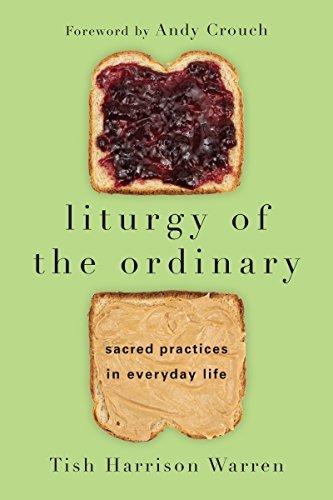What do you think?
Rate this book


170 pages, Kindle Edition
First published November 1, 2016
I have to say, with , this book is crazy good. Like, if this is egalitarianism (the author is a priest) vs our current #toxiccomplementarianism men, I’d take being egalitarianism.
I’m not, but this book really showcases what the church is missing by not listening to women.
It’s incredibly frustrating.